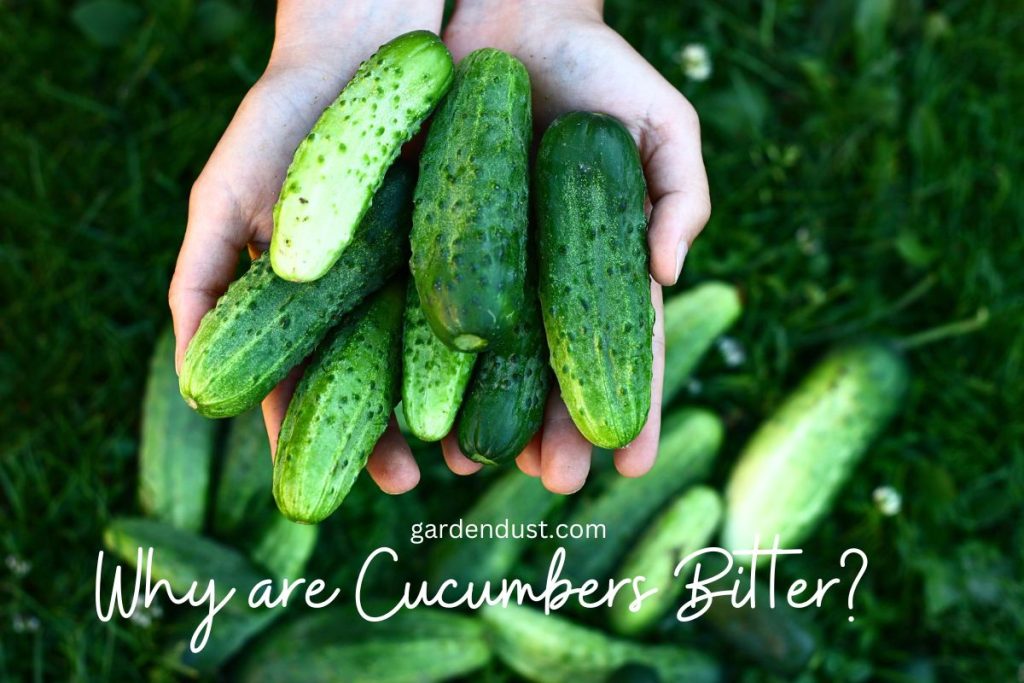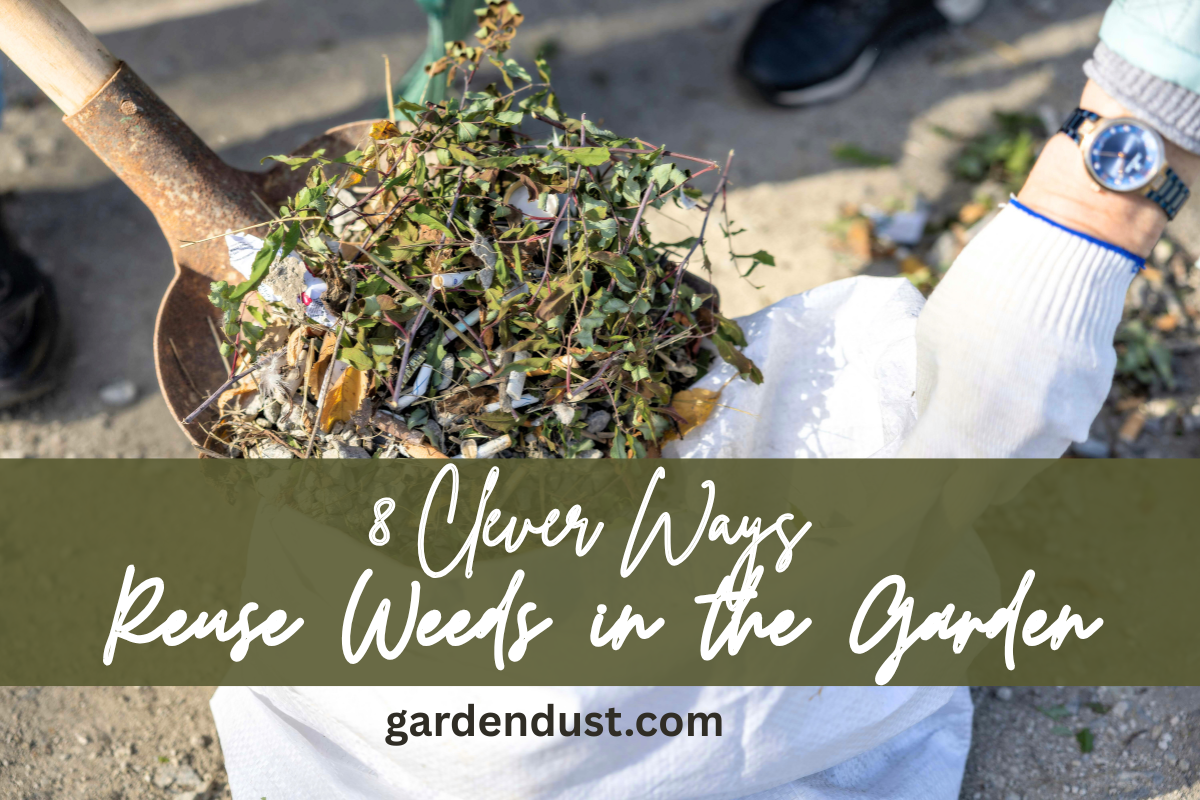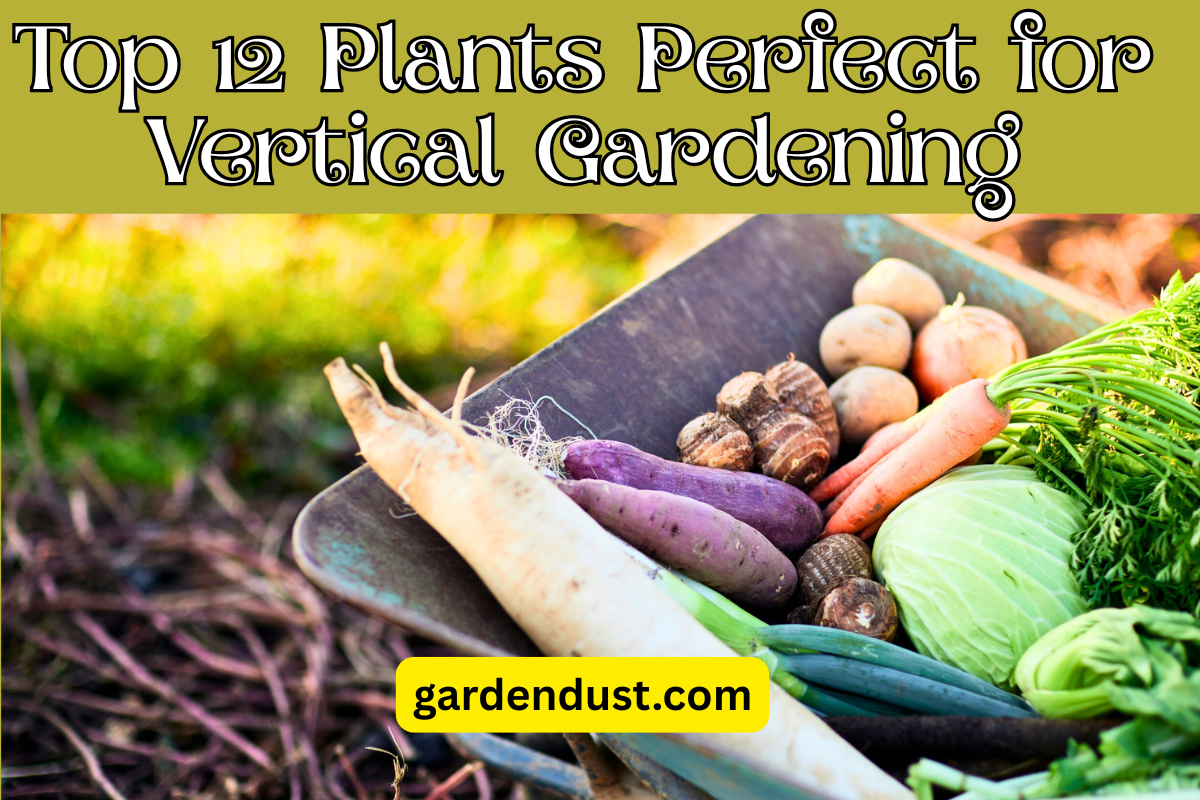Cucumbers, with their high water content and crisp texture, are a favorite addition to salads and snacks. However, the joy of biting into a fresh cucumber can turn sour when bitterness takes center stage. Understanding the causes of this unwelcome taste is crucial for both home gardeners and commercial farmers. In this comprehensive guide, we’ll explore the various factors of Why are Cucumbers Bitter to transform your cucumbers from bitter to better. Let’s start…
Understanding the Bitter Culprit: Cucurbitacins
At the heart of cucumber bitterness lies a group of organic compounds known as cucurbitacins. These compounds, while serving as a natural defense mechanism for the cucumber plant against herbivores, can make the vegetable unpalatable when present in excessive amounts. Let’s explore the primary causes and effective solutions to mitigate bitterness:
Genetic Predisposition:
Certain cucumber varieties carry a genetic predisposition for higher cucurbitacin production. To address this, choose cucumber varieties known for their low bitterness. Modern hybrid cultivars are often bred to minimize bitterness, making them a favorable choice for those seeking a milder cucumber taste.
Remedy: Prioritize the selection of cucumber varieties with low cucurbitacin levels, and consider modern hybrids for a more consistently sweet flavor.
Environmental Stressors:
Cucumbers are highly sensitive to environmental conditions, and stressors such as extreme temperatures, inadequate water supply, and poor soil quality can trigger increased cucurbitacin production. Maintaining optimal growing conditions is essential to prevent stress-induced bitterness.
Remedy: Implement proper irrigation practices, ensure well-draining soil, and provide shade during excessively hot periods to reduce stress on cucumber plants.
READ ALSO:-Ants On Cucumbers: Causes & Prevention
Cross-Pollination Concerns:
Cucumbers, belonging to the Cucurbitaceae family, can cross-pollinate with other members like pumpkins and squash. If a cucumber plant crossbreeds with a more bitter variety, the resulting cucumbers may inherit heightened cucurbitacin levels.
Remedy: Isolate cucumber plants from other members of the Cucurbitaceae family to prevent cross-pollination. Alternatively, hand-pollinate to control the pollination process.
Cultivation Practices for Bitterness Prevention:
- Careful Fertilization: Over-fertilization, particularly with nitrogen-rich fertilizers, can contribute to bitterness in cucumbers. While nitrogen is essential for plant growth, an excess of it can stress the plant and elevate cucurbitacin levels.
Remedy: Adopt a balanced fertilization approach, avoiding excessive nitrogen. Regularly test soil nutrient levels to ensure a healthy balance for optimal cucumber growth.
- Temperature Management: Extreme temperature fluctuations, both high and low, can induce stress in cucumber plants, leading to increased cucurbitacin production. Providing a stable and moderate temperature environment is crucial for preventing bitterness.
Remedy: Use shading techniques to protect plants from excessive heat, and consider planting during seasons with milder temperatures. Mulching helps regulate soil temperature and moisture.
- Harvesting Practices: The timing of cucumber harvest is pivotal in determining its taste. Overripe cucumbers are more likely to exhibit bitterness, as cucurbitacin levels increase with maturity.
Remedy: Harvest cucumbers regularly and at their optimal size. Avoid allowing cucumbers to become overripe on the vine, and use a sharp knife or scissors to cut them to minimize stress on the plant.
Post-Harvest Strategies:
- Ethylene Exposure: Improper storage conditions, particularly exposure to ethylene-producing fruits like tomatoes and bananas, can accelerate the breakdown of cucumbers and intensify bitterness.
Remedy: Store cucumbers separately from ethylene producers in a cool environment, ideally below 50°F (10°C), to slow down the production of bitter compounds.
- Proper Storage Techniques: How you store cucumbers after harvest can significantly impact their flavor. Inadequate storage conditions can hasten the development of bitterness.
Remedy: Store cucumbers in the refrigerator to maintain freshness and slow down the production of cucurbitacins. Use airtight containers or plastic wrap to minimize exposure to air.
Final Thoughts- From Bitter to Better
The bitterness in cucumbers is a multifaceted challenge that demands a holistic approach. By understanding the genetic, environmental, and cultivation factors influencing cucurbitacin production, growers can take proactive measures to prevent bitterness from tainting their cucumber harvest. From thoughtful variety selection to meticulous cultivation practices and careful post-harvest handling, each step plays a crucial role in ensuring a consistently delightful cucumber-eating experience. By implementing these remedies, you can transform your cucumbers from bitter to better, savoring the crisp and refreshing taste they are known for. Happy Gardening…






